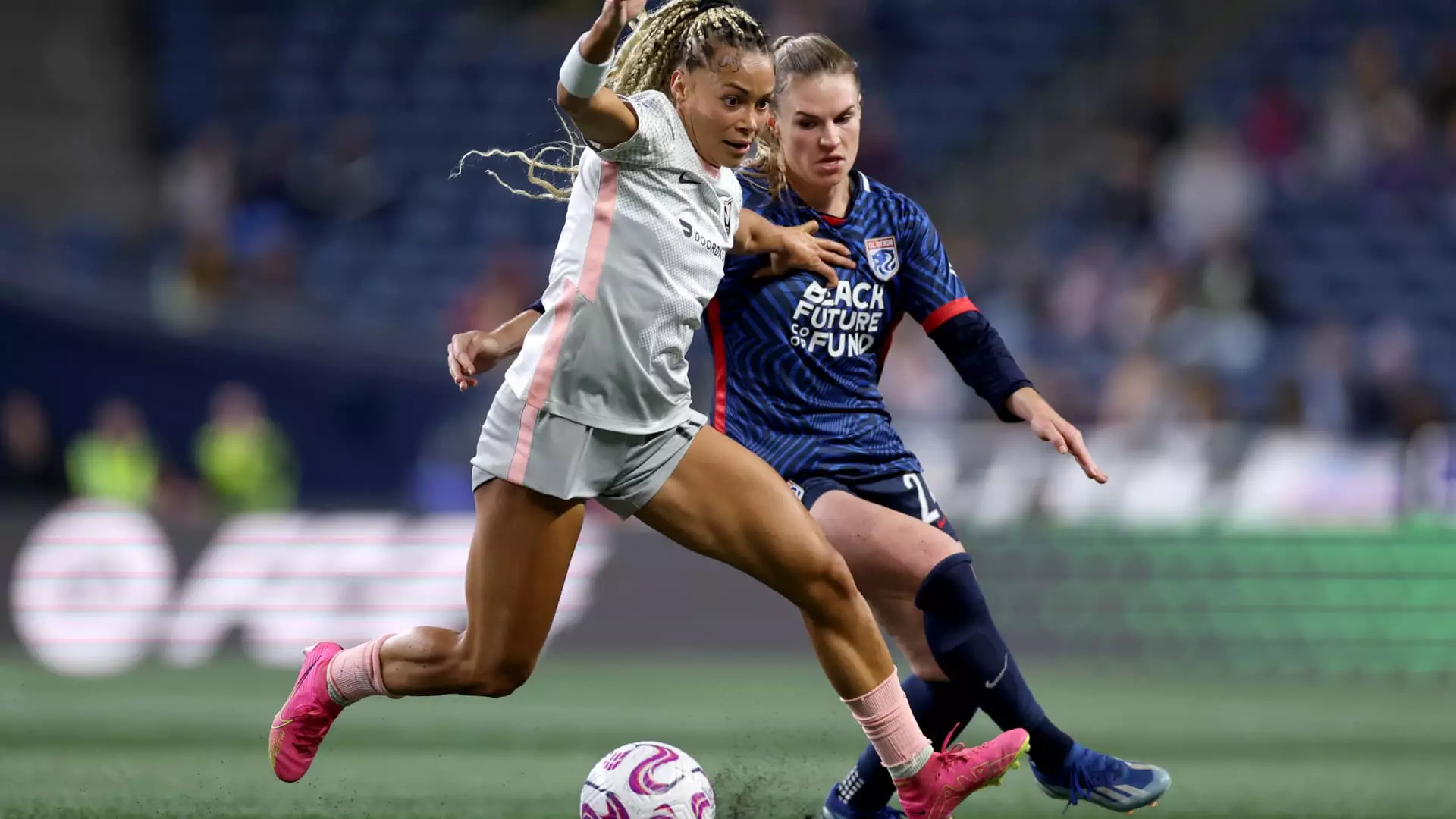The landscape of sports ownership is evolving, especially in women’s soccer, as private equity firms are now taking a significant interest in major leagues. While leagues like MLS, NBA, MLB, and NHL have allowed passive investment from private equity investors, the National Women’s Soccer League (NWSL) stands out by permitting these firms to take majority control of the economics of teams. Jessica Berman, the commissioner of NWSL, views institutional capital as a means to inject additional resources into the league’s assets and foster growth.
Recent Investments
One of the pioneering deals in this new era of ownership was when Sixth Street acquired the San Francisco-based women’s team, Bay FC, for a whopping $54 million. This transaction set a record for the league, showcasing the potential for growth and valuation in women’s soccer. Subsequently, another landmark deal took place as Carlyle partnered with Seattle Sounders FC to purchase Reign FC in Seattle for $58 million, exemplifying the escalating value of women’s sports franchises.
Financial Growth and Revenue Generation
The investment influx in women’s soccer is a result of the sport’s increasing popularity and revenue potential. This year, women’s elite sports revenue is projected to surpass $1 billion, with soccer accounting for a substantial portion of that figure. Unlike men’s sports revenue, which heavily relies on broadcast rights, women’s sports revenue is driven by merchandising sales, ticket sales, partnerships, and sponsorships. Additionally, the recent $240 million media deal signed by NWSL indicates a significant shift towards more lucrative broadcast opportunities for women’s soccer.
Private equity managers like Carlyle are seizing the opportunity to invest in NWSL due to the promising prospects in broadcast rights and revenue growth. Notable figures such as Disney CEO Bob Iger and Willow Bay are reportedly closing in on a deal to acquire Angel City FC for a record valuation of $250 million, signifying the escalating valuations in women’s sports franchises. While these investments present exciting opportunities, the NWSL is cautious about the implications of institutional capital in sports ownership, considering the traditional stewardship of teams by individual owners.
Despite the positive momentum in women’s soccer, there are inherent challenges in integrating institutional capital into the league’s ownership structure. While other major sports leagues have capped private equity ownership at 30%, the NWSL is pioneering a new model by allowing majority control to these firms. Commissioner Berman acknowledges the need for a cautious approach to navigate the complexities of institutional investment in sports. As the league continues to attract interest from private equity, there is a shared responsibility to ensure the sustainable growth and success of women’s soccer in the long run.
The entry of private equity into women’s soccer signifies a new chapter in the evolution of sports ownership. With a focus on infusing capital, promoting growth, and maximizing revenue potential, these investments have the potential to transform the landscape of women’s sports. As the NWSL and other leagues navigate the implications of institutional capital, a balance between financial prosperity and the integrity of the game will be crucial in shaping the future of women’s soccer.

